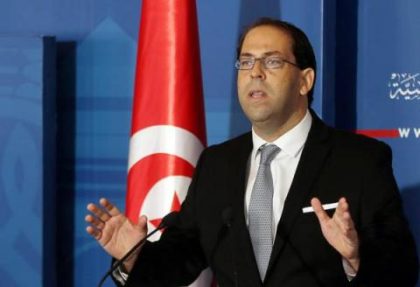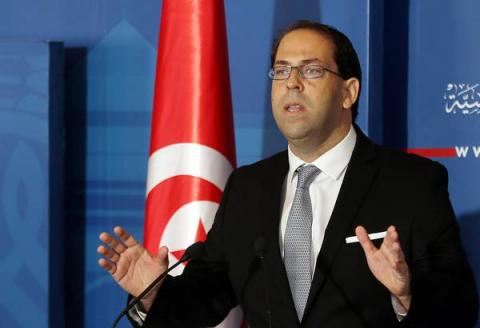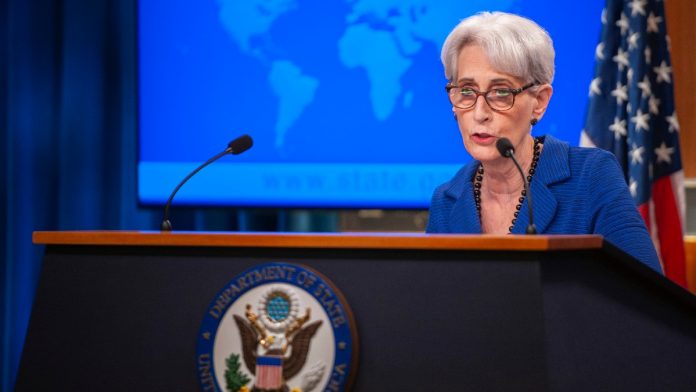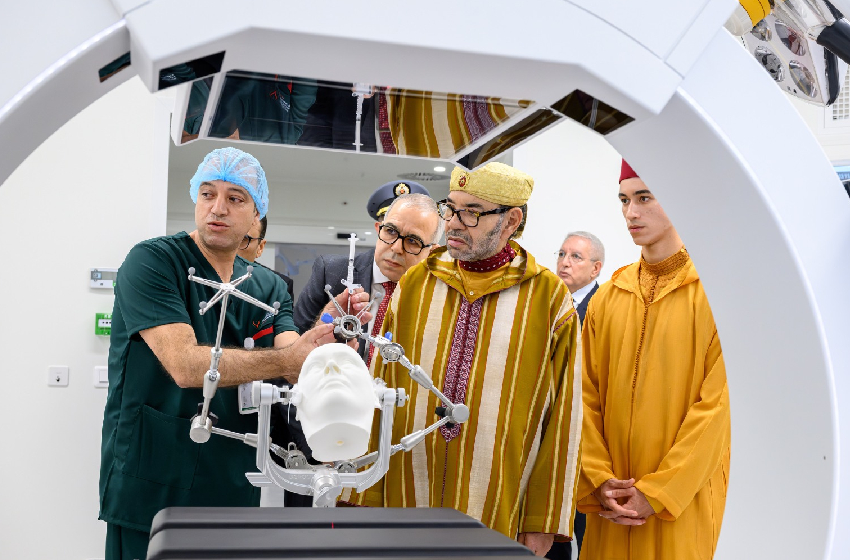 In the face of the paralysis crippling the Maghreb union, Tunisia is following the example of Morocco by repositioning itself on the African continent. Tunisia’s bid to join the Economic Community of West African States (ECOWAS) is thus part of an endeavor to seek regional integration facilitating the flow of goods and investments in an increasingly globalized and competitive world.
In the face of the paralysis crippling the Maghreb union, Tunisia is following the example of Morocco by repositioning itself on the African continent. Tunisia’s bid to join the Economic Community of West African States (ECOWAS) is thus part of an endeavor to seek regional integration facilitating the flow of goods and investments in an increasingly globalized and competitive world.
After the ECOWAS has in principle approved Morocco’s membership application, Tunisia is following suit looking forward to becoming a member of the regional bloc before the end of 2017.
Tunisia’s endeavor to join the ECOWAS was announced at the highest level by Prime Minister Youssef Chahed at the opening of the “Tunisian African Empowerment Forum” last week, an event that sets the tone for a pivot in Tunisia’s foreign policy towards West Africa and echoes a frustration with the paralysis plaguing the Maghreb Union.
“The re-positioning of Tunisia on the African continent remains dependent on a global diplomatic action that gives priority to cultural communication and economic exchanges,” said Chahed.
Following the Moroccan example
The success that Morocco reaped thanks to its decades-long African strategy with its return to the African Union, the strengthening of its economic and cultural footsteps in Africa through a vibrant private sector and active diplomacy, are all factors inspiring Tunisia in its efforts to find an alternative to the Maghreb Union immobility.
As part of its charm offensive to foster economic ties with Sub-Saharan Africa, Tunisian Prime Minister went on an African tour that took him to Sudan, Niger, Burkina Faso and Mali with a delegation including 100 businessmen.
In line with this momentum, Tunisia will also open new embassies across the continent as well as trade representations.
For its part, the North African country’s flagship carrier, Tunisair, will expand its African network to include new routes to Benin, Sudan, Cameroon, Gabon, Congo, Nigeria and Guinea over the next four years.
Like Morocco, Tunisia also seeks to boost its soft power in Africa through increasing educational and cultural cooperation. In this respect, Tunis aims at receiving 20,000 Sub-Saharan students by 2020, compared to 7000 currently.
ECOWAS and COMESA an alternative to the Maghreb Union
Tunisia has also expressed its willingness to join the Common market for eastern and southern Africa (COMESA) next October, in a move that further indicates deep frustration with the state of immobility affecting the Maghreb Union.
AMU actually stands in stark contrast to the dynamism characterizing other sub-regional groupings such as the ECOWAS or the Southern African Development Community (SADC)
It is therefore legitimate for Tunis to seek alternatives to the Maghreb Union, which, more than 27 years after its creation in 1989, has failed to achieve its main goals: a customs union which was due to be launched in 1995 and an economic market by 2000. The fact that the last summit of the five countries’ heads of states took place in 1994 is indicative of the stalemate in regional cooperation.
The state of trade between the five AMU countries, Morocco, Algeria, Tunisia, Libya and Mauritania, does not exceed 3% of total Maghreb trade. It is one of the lowest in Africa if not in the whole world.
In comparison, intra-regional trade between ECOWAS countries reached 10% and 19% for SADC countries.
The lack of regional economic integration in the Maghreb costs 2.5 points of GDP growth for each of the five states, which deprives the region of 220,000 job opportunities annually.
ECOWAS is therefore offering both Tunisia and Morocco a reliable space for free movement of persons, goods and capital, at a time economic cooperation between Maghreb countries is at a low level.
If it does not act, by following the example of neighboring African sub-regions, the Maghreb Union will crumble in its chronic incapacity to live up to the ambitions of the Marrakesh Treaty, which gave birth to it 28 years ago.
Need for a Financial Arm
Unlike Morocco, which has one of the best performing banks in Africa with branches all over the continent facilitating investments by the Moroccan private sector, Tunisia needs to work on the financial arm of its African strategy.
Tunisian banks should expand in Africa to be capable of accompanying Tunisian companies in the African economic space of ECOWAS or Comesa, which Tunisia is about to join.
Tunisia should also consider its African strategy in a comprehensive framework combining the human element. In this regards, the development of a migration policy and visa wavers are key in sending a message of solidarity to African nations.



